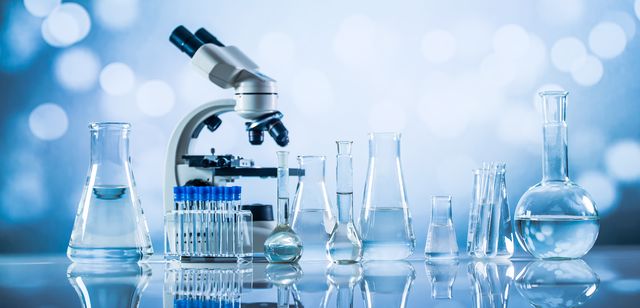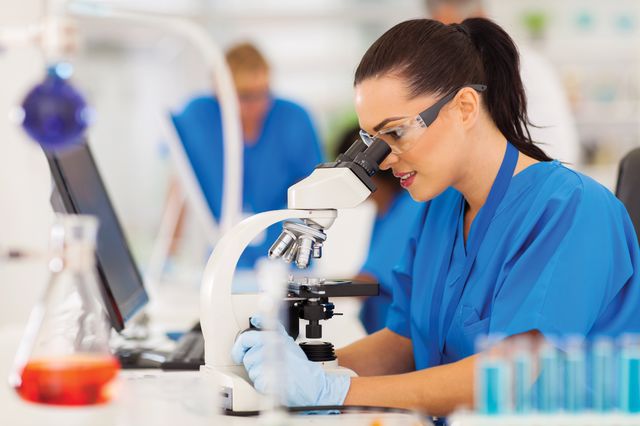In today's rapidly advancing world, nurturing young minds with a solid foundation in science is paramount. The role of science equipment in schools goes beyond textbooks, offering students a hands-on and immersive learning experience. Let's delve into the myriad ways in which science equipment contributes to student success.
Brief Overview of the Importance of Science Education
Science education is the bedrock of a nation's progress. It not only cultivates a scientific mindset but also instills critical thinking skills. As technology continues to evolve, equipping students with a practical understanding of scientific principles becomes increasingly crucial.
Role of Science Equipment in Enhancing Learning Experiences
Science equipment acts as a catalyst in transforming theoretical knowledge into practical understanding. The tactile experience of conducting experiments and utilizing sophisticated tools deepens comprehension and fosters a genuine interest in the subject.
Advantages of Science Equipment
A. Hands-on Learning Opportunities
One of the primary advantages of science equipment is the opportunity it provides for hands-on learning. Students engage actively with concepts, reinforcing their understanding and retention.
B. Improved Understanding of Theoretical Concepts
Theoretical concepts often become abstract for students. Science equipment bridges this gap, offering tangible examples that make complex ideas more accessible.
C. Foster Critical Thinking Skills
Beyond rote memorization, science equipment encourages students to analyze, experiment, and draw conclusions. This fosters critical thinking skills that are invaluable in various aspects of life.
Types of Science Equipment
Below is a variety School Science Equipment
A. Microscopes and Their Educational Benefits
Microscopes open a new dimension in biology and chemistry classes, allowing students to explore the microscopic world. This tool enhances observational skills and nurtures a fascination for the intricacies of life.
B. Laboratory Equipment For Schools for Practical Experiments
Laboratory Equipment For Schools, from beakers to Bunsen burners, enable students to conduct experiments in a controlled environment. This hands-on approach solidifies their understanding of scientific methodologies.
C. Innovative Technology in Science Education
The integration of innovative technology, such as interactive simulations and virtual labs, provides students with a dynamic learning experience. These tools mirror real-world scenarios, preparing students for future challenges.

Impact on Student Engagement
A. Increased Interest in Science Subjects
Science equipment sparks curiosity and enthusiasm among students. The allure of practical experiments makes science subjects more appealing, leading to increased enrollment in advanced courses.
B. Real-world Applications and Relevance
Students often question the practicality of theoretical knowledge. Science equipment bridges this gap by demonstrating real-world applications, highlighting the relevance of scientific principles in everyday life.
C. Positive Effects on Academic Performance
Studies show a positive correlation between the use of science equipment and academic performance. The hands-on approach enhances comprehension and retention, resulting in improved grades.
